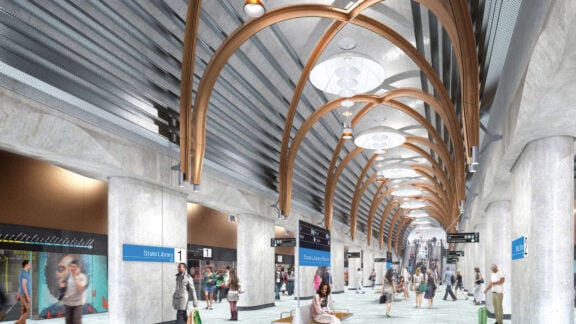The issue of what to do with the assets of associations and brotherhoods created by the first generation of Greek migrants to Australia will be raised following the 20 February meeting and elections of the Pan Macedonian Association of Melbourne and Victoria says its president, Paul Mavroudis OAM.
Mr Mavroudis said that he had raised the issue of what to do with the assets of the various associations about five years ago and although there was interest in seeking a solution then, the debate had not developed further since then.
The Pan-Macedonian Association consists of 33 associations/brotherhoods from the Macedonian region with each represented by one of its members in the larger body which has 24,000 members.
“I have been a member of the associations for 48 years. The White Tower Association used to have up to 600 members, now there are about 300 members” Mr Mavroudis told Neos Kosmos.
“The money and the assets for the associations came from the first generation and must not be lost. They should go to larger community organisations like the Greek Community of Melbourne (GCM) or Greek organisations like PRONIA and Fronditha,” said Mr Mavroudis who was Fronditha director for 10 years.
“After our elections, and when a new council is voted, I will bring this matter forward and it will be taken up. The GCM should be looking into this and we should be looking at our constitutions to see how we can place them under the umbrella of a wider community organisation.”
He said it was important that the associations would still be able to meet regularly several times a year under any new dispensation.
“The GCM needs help in some way as the associations’ members are disappearing. There are about 300 associations that have assets. The younger generations do not want to be involved,” Mr Mavroudis said.
Christos Ntostas, the secretary of the Panepirotic Union told Neos Kosmos that his organisation was looking at various solutions including attracting the involvement of younger generations in helping to maintain the associations into the future.
“We would like to involve the newer generations born in Australia, but many are not really interested in the old culture or where they come from. We have attracted two or three members to our committee who were born in Australia and we hope that they can bring more younger people on board.
“The older members will help and support them but they will do things as they feel is the right way to go forward. The old ways no longer work now,” said Mr Ntostas.
“We owe a lot to the first generation but there was no plan for the coming generations. No one lives forever and there should have been plans in place for the future.”
He said that when he came to Australia in 1984, there were many young people who were part of the organisation but little was done to keep them there. The youth committee was formed after 1979.
“There were big mistakes made then, the youth were brought in, but they were not given the freedom to act in their way and many were driven away.
“The union now has about 250 paid members of whom 170 are active. Seventy percent are over 80 years of age. Unless there is new blood to take up new responsibilities in about 10 years most of it will be over.
“Unfortunately, we are not agreeing about what to do even as death is knocking at the door,” Mr Ntostas said.
One of the things he advised was to look to redrafting some of the associations’ constitutions which provided that the assets should go to institutions or charities in Greece rather than Australia.
The brotherhoods and associations had a lot of valuable assets and Mr Ntostas said that if there was unity, much could be still be achieved to help preserve Greek identity in Australia.
“If we unite in a common cause to secure the future of the youth in the Greek community we can really achieve amazing things in so many fields whether academically, politically or in sports. There is a real need for all of us to act now,” Mr Ntostas said.








